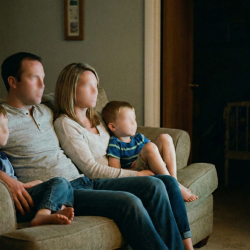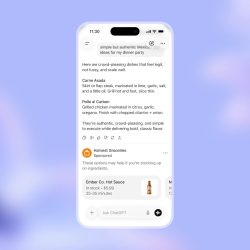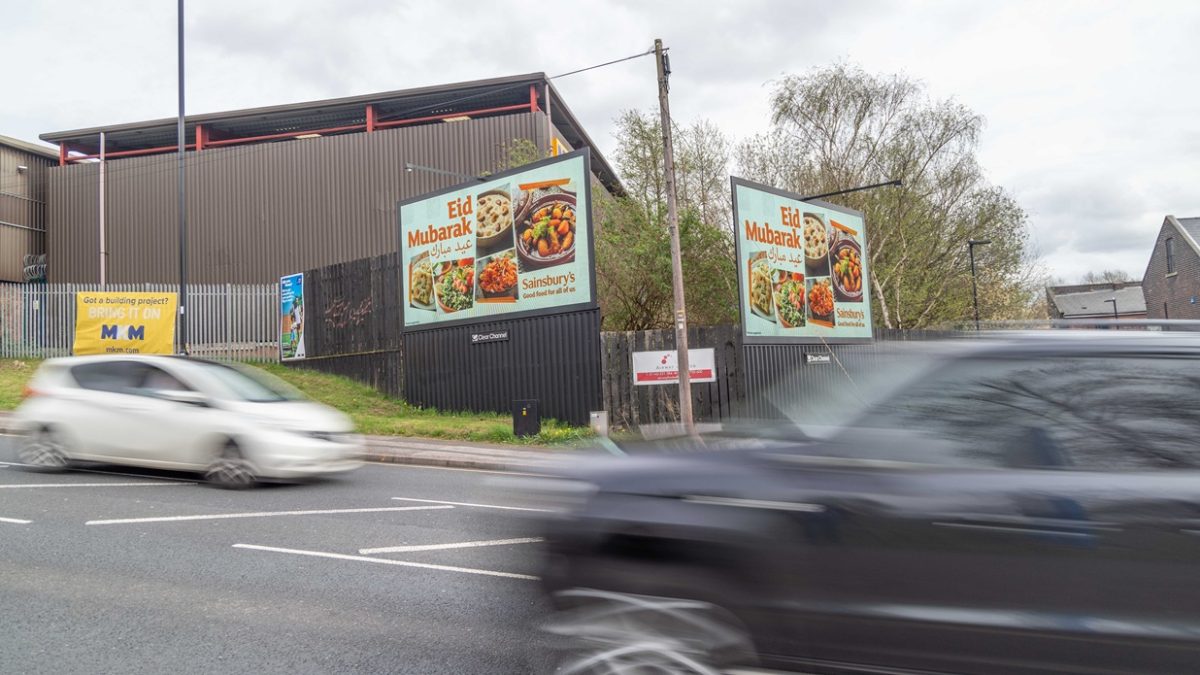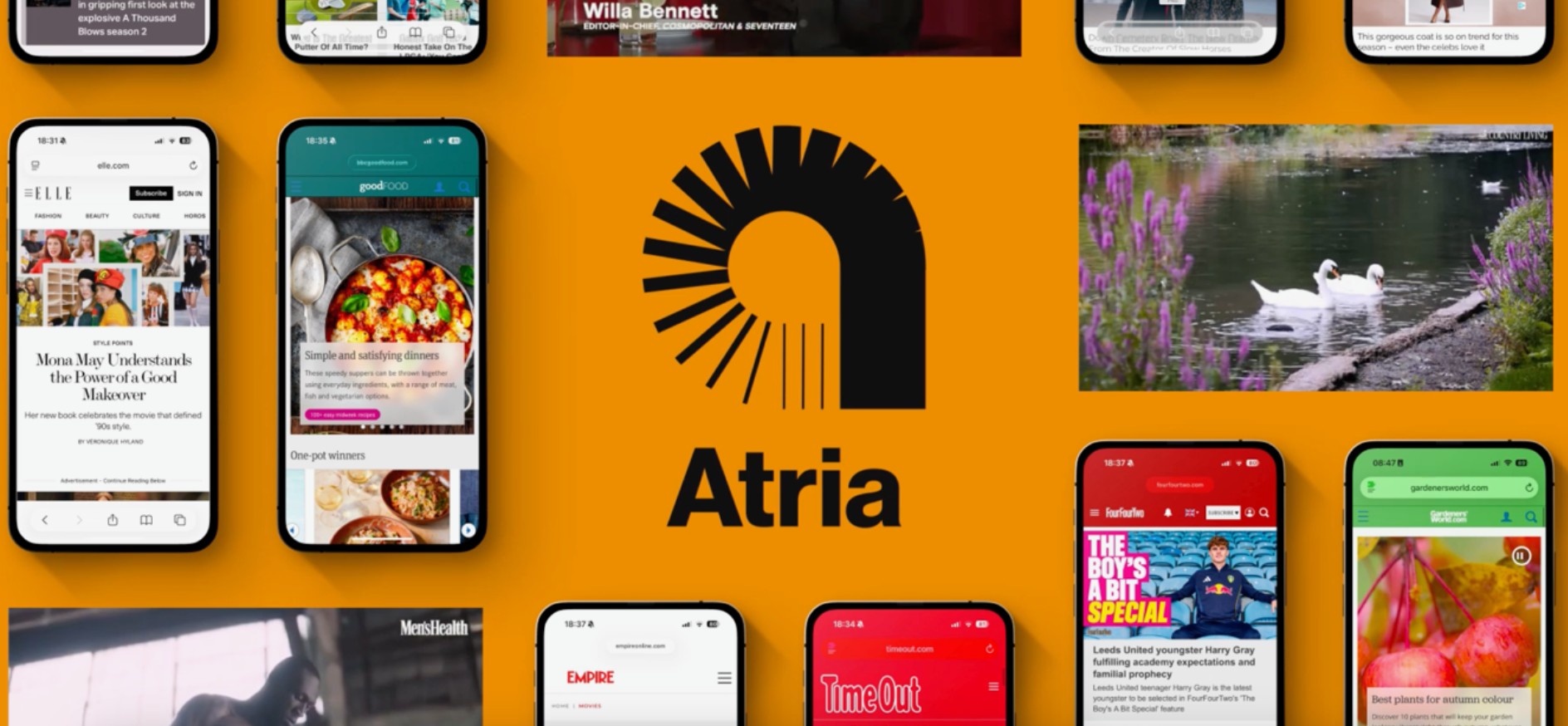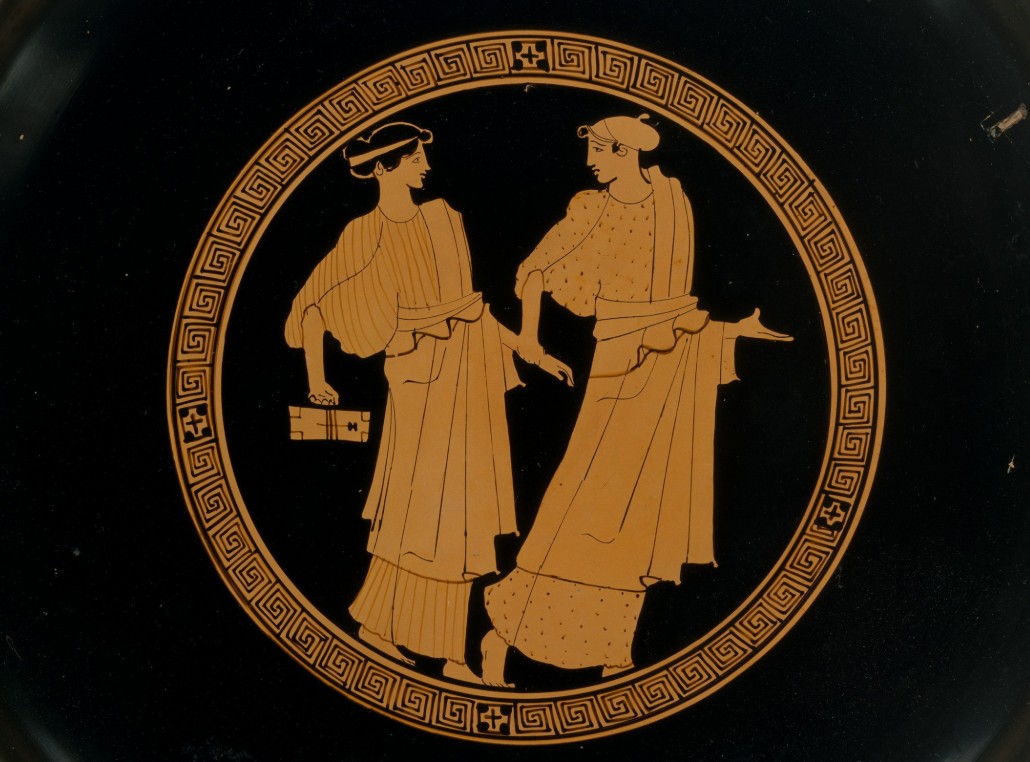Sainsbury’s Ramadan sales rose 21% in 2024, thanks to a consciously inclusive media plan devised by Omnicom Media Group’s Unite agency, which ensured the supermarket’s food nostalgia reached Muslim families in the most effective channels.
Although Sainsbury’s had consistently reached out to minority communities in the course of its scheduled marketing, the supermarket did not run a dedicated Ramadan campaign in 2023, and as a result, it lost ground among Muslim shoppers to Asda and Tesco.
To catch up, Sainsbury’s briefed Unite — Omnicom’s agency specialising in multicultural, LGBTQ+ and disability media — in February 2024 to help craft a Ramadan campaign for the following month that would raise awareness and consideration of its products among the target audience and, more generally, increase brand warmth among Muslim families.
‘The challenge wasn’t about the product itself,’ says Unite’s content and partnerships director, Foreda Begum. ‘Research showed that 69% of British Muslims feel supermarkets and brands don’t understand them, and 63% believe brands rely on outdated messaging […] The conclusion was clear — to drive brand warmth and consideration, we needed to build authentic cultural connections with this audience.’
Day-long fasts during Ramadan mean that Muslim families put a lot of emphasis on coming together over food and drink after sundown, which presented Sainsbury’s with a fairly straightforward route to connecting with customers. The creative idea for the campaign, ‘It’s Not Ramadan Without…,’ was developed by Sainsbury’s digital partner, Amaliah, a media outlet for Muslim women, in conjunction with Unite, and highlighted food-related traditions that Muslims associate with Ramadan, from special recipes to late-night snacks with friends and family.
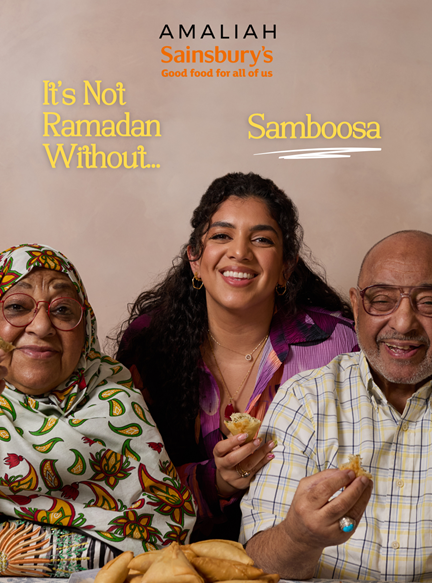
Unite used its insights into the community to influence, among other things, the phasing of the campaign, which began a week before Ramadan, since that’s when shopping and delivery searches for the occasion peak, and focused on products that families stock up on in bulk, like rice and flour. During the four weeks of Ramadan, Sainsbury’s used radio and outdoor ads to highlight more of its products, while also showcasing recipes and promoting the core campaign message through Amaliah’s channels. For Eid, the end-of-Ramadan celebration, the supermarket’s ads focused on festival traditions and special foods.
Working alongside PHD — Sainsbury’s media agency of record — Unite developed a media strategy that would reach both first-and-second-generation Muslim families and, in particular, the main shopper of those families. Data, combined with their own experiences, had told the team at Unite that Muslim families tended to live in larger, intergenerational households and preferred branded products over supermarkets’ own labels, but that different approaches were required for different communities. Black heritage audiences were in general further along in terms of awareness and consideration, for example, because they tended to have been in the UK for longer, said Begum, while South Asian audiences required more priming around special occasions and throughout the year.
‘Using our proprietary Diverse Community Network Platform alongside our lived experiences, we identified key media channels and platforms,’ said Begum. ‘Amaliah and OOH were picked as core to reach different generations together, while Radio was more towards reaching older generations and social for younger generations (25- to 35-year-olds).
Research also showed Unite that Muslims’ media consumption habits tended to shift during Ramadan. Radio listening increases because people tune in to listen to prayer times and talks, for example, and waking up for Suhoor [the last meal before fasting] and spending more time praying alters when people consume media. And more generally, many Muslims during Ramadan are mindful of their habits, and make an effort to consume educational or otherwise halal (that is, permissible under Islam) content, said Begum. ‘All of this fed into our media strategy and planning,’ she added.
Unite used an audience mapper to identify high footfall community and cultural hubs near Sainsbury’s stores where it could place outdoor ads that would drive consumers to those stores, and it identified 21 local community radio stations in areas with high Muslim populations to reach the older audiences.
In addition to the content on Amaliah’s digital and social channels, Sainsbury’s also produced social-first video content with Muslim influencers, which was seeded through Instagram and TikTok — the most effective channels for reaching its target audience.
After the campaign, Sainsbury’s data showed that Ramadan sales had increased 21% compared with 2023, and in the 12 weeks to Eid, ‘We grew ahead of the market in terms of both sales value and volume against our competitors,’ said Begum.
‘Prior to our campaign, 92% of a surveyed Muslim audience ranked Asda and Tesco as the most familiar Ramadan campaign by a supermarket with Sainsbury’s ranking third. However, following our campaign, Sainsbury’s ranked first, whilst Tesco ranked third, demonstrating the impact of the campaign 67% of Muslim audiences said they were very likely to shop at Sainsbury’s after engaging with the campaign, with 47% ranking it as their preferred supermarket.
‘The campaign over-delivered on all fronts with the social video views over-delivering by 38%, radio spots by 23%, and our highly targeted out-of-home campaign delivering 4.9 million impacts. In total, we delivered £134,005 worth of additional media value across all channels.’












